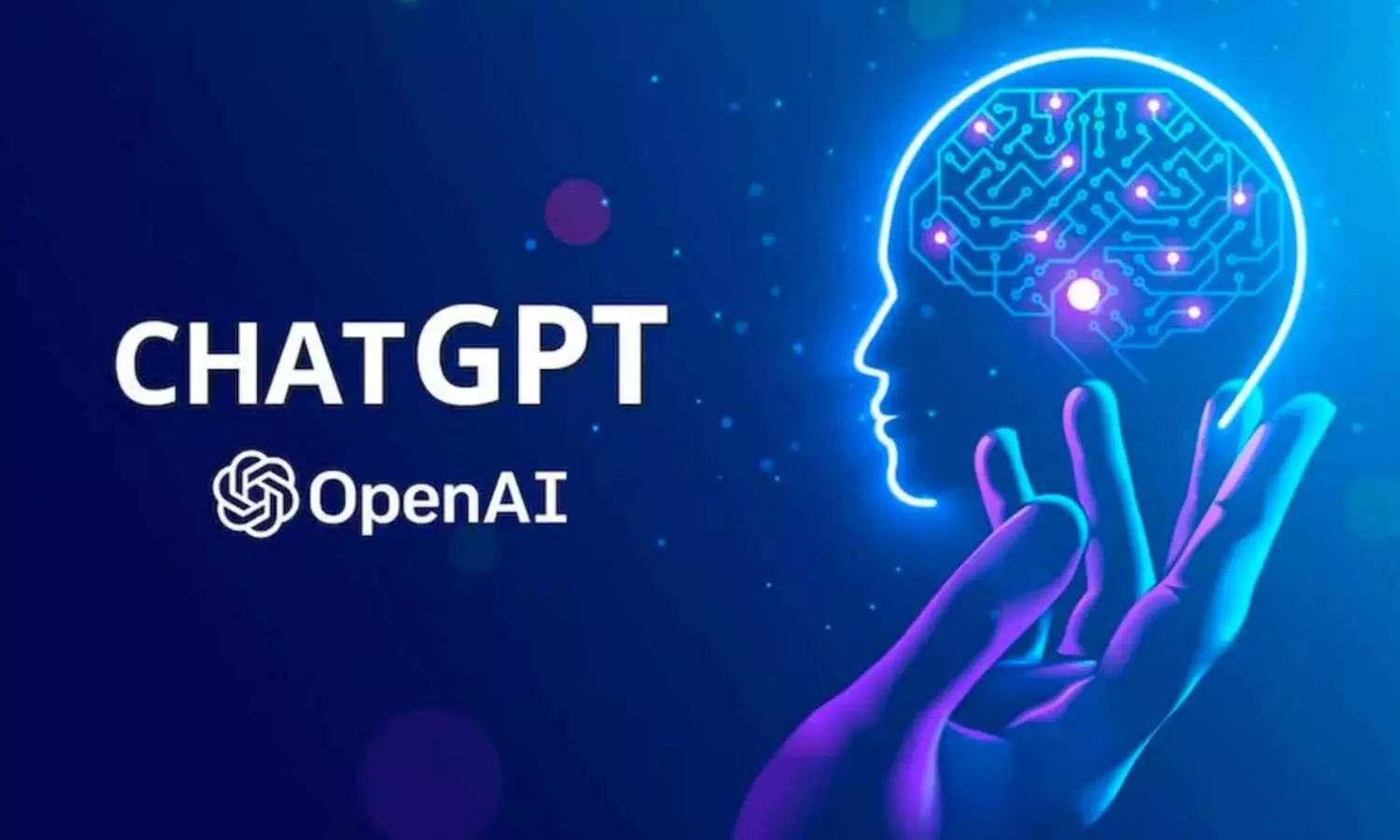ChatGPT now remembers more for free users — Here’s what that means for you
OpenAI rolls out its memory feature to free ChatGPT users, making the AI more context-aware and capable of personalizing future conversations.
ChatGPT now remembers more for free users — Here’s what that means for you

In a significant move to enhance user experience, OpenAI has now introduced its memory feature for free users of ChatGPT. This upgrade, previously available only to Plus subscribers, allows the AI to remember important details across chats—ushering in a more seamless and personalized interaction for everyone.
What Is ChatGPT Memory?
Imagine chatting with an assistant that remembers your name, your preferences, or the kind of projects you work on—without you having to repeat yourself. That’s exactly what the memory feature does. Instead of treating each session as a blank slate, ChatGPT can now recall facts you’ve shared in past conversations to make future replies more relevant and efficient.
For example, if you told ChatGPT you’re a marketing professional based in Mumbai or that you prefer concise email drafts, it can use this information later to customize its responses—without needing reminders.
How It Works
When memory is enabled, ChatGPT gradually builds a knowledge base from your interactions. Users are notified whenever a memory is created or updated, ensuring full transparency. You can also view what the AI remembers, delete individual entries, or turn off memory altogether in settings.
OpenAI has emphasized that users remain in full control. If you prefer a forgetful assistant, you can simply switch memory off, and the model will revert to its usual session-based interactions.
Why This Matters
Bringing memory to the free tier isn’t just a technical update—it’s a strategic one. With more users accessing context-aware AI, OpenAI is nudging people toward treating ChatGPT less like a tool and more like a digital partner. This move could also help OpenAI gather broader feedback on how memory affects user experience and trust.
What's Next?
As AI becomes more deeply embedded in daily workflows—from coding and writing to personal coaching—the ability to remember context will likely become a standard expectation. OpenAI’s rollout of memory to free users signals a future where smart, adaptive AI isn’t a premium feature, but a basic one.

